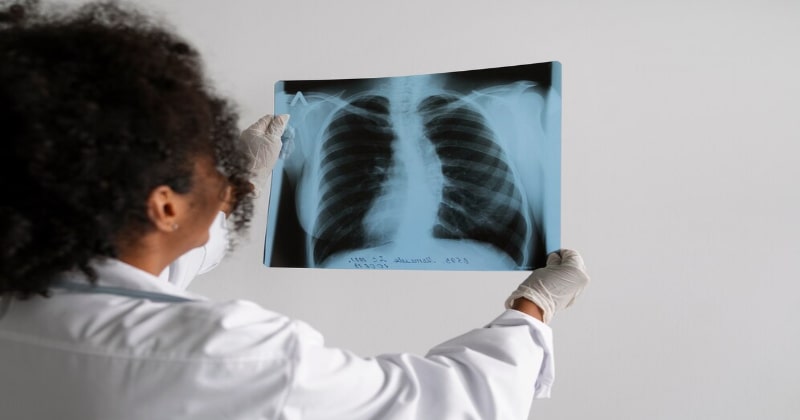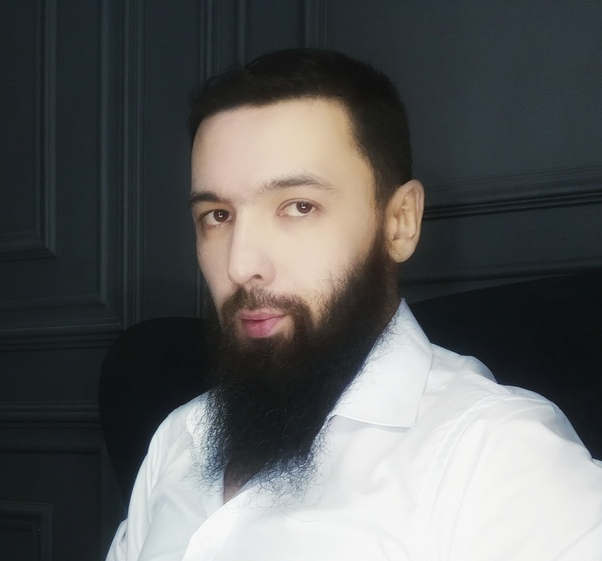
Lung cancer stands as one of the deadliest cancers worldwide, responsible for an estimated 1.8 million deaths in 2020. The disease’s aggressive progression and often late-stage diagnosis make it a formidable challenge in oncology. Alongside standard treatments—chemotherapy, radiation, and surgery—many patients turn to complementary approaches to aid their recovery, manage pain, and restore psychological well-being. One such spiritual practice, deeply rooted in the Islamic tradition, is Ruqyah.
While Ruqyah has traditionally been viewed as a form of protection against spiritual harm or jinn possession, recent inquiries have begun to ask: can Ruqyah have any measurable influence on physical ailments like lung cancer? What evidence exists, scientifically or clinically, to support its effects? This article investigates these questions through a dual lens—scientific inquiry and patient psychology.
UNDERSTANDING RUQYAH IN THE CONTEXT OF DISEASE
Ruqyah involves the recitation of selected Qur’anic verses believed to have healing power, such as Surah Al-Fatiha, Ayat al-Kursi, and the last verses of Surah Al-Baqarah. Rooted in Prophetic tradition, Ruqyah is believed to ward off illness and cleanse the body of spiritual harm. For believers, it offers a direct form of divine connection, invoking both protection and healing.
In the context of lung cancer, Ruqyah has been used informally by patients, caregivers, and healers as a complementary spiritual tool. But does this practice carry any measurable influence on disease progression, cellular behavior, or the mental health of patients?
SOUND FREQUENCIES AND CELLULAR RESPONSE
Though specific large-scale studies on Ruqyah and lung cancer are still rare, research on the broader impact of Qur’anic recitation on cancerous cells is beginning to emerge.
A 2020 study by a team of biomedical researchers in Malaysia examined the effect of Ruqyah audio on human lung carcinoma cells (A549 cell line) in vitro. In this controlled experiment, cancer cells were exposed to 30 minutes of continuous Ruqyah recitation daily for several days. The findings were cautiously optimistic:
The cells showed a slight decrease in proliferation rate compared to the control group.
Morphological changes suggested potential cellular stress responses.
Although not conclusive, some indications of apoptosis (programmed cell death) were noted.
These results raise compelling questions. Could the frequency and resonance of recited Qur’anic verses disrupt the cellular environment in cancerous tissues? Some theorists suggest this effect may be akin to low-frequency sound wave therapy, which has been explored for its ability to affect cellular membranes and microstructures.
Yet, it is critical to emphasize that such studies remain preliminary. Most have not undergone peer-reviewed replication, and the observed effects are often subtle. However, the biological plausibility of sound and vibration affecting cell behavior lends some scientific support to further exploration of Ruqyah’s potential.
RUQYAH AS EMOTIONAL IMMUNITY
The psychological impact of Ruqyah on lung cancer patients may, in fact, be where the most immediate benefits are observed. A diagnosis of lung cancer often brings high levels of stress, depression, anxiety, and feelings of isolation. These emotional states can negatively influence the body’s immune response and overall treatment outcomes.
In a qualitative study involving 85 Muslim lung cancer patients in Jordan, over 70% reported that engaging in Ruqyah or listening to Qur’anic recitation daily helped them cope with their illness. Among the psychological benefits cited were:
Enhanced sense of peace and surrender
Reduced panic and existential fear
Improved sleep and relaxation
A feeling of being spiritually protected, especially during chemotherapy
Neuroscience has long confirmed the connection between stress and immune suppression. Conversely, spiritual practices that induce calm and lower cortisol levels can enhance the body’s resilience and even improve treatment adherence.
A 2019 study published in Health Psychology Open found that spiritual coping mechanisms, particularly among devout patients, resulted in lower inflammatory markers in the blood. This may be significant for cancer, where inflammation plays a key role in tumor growth and metastasis.
The mind-body connection in cancer therapy is increasingly accepted in integrative medicine. Spiritual faith, especially when practiced regularly, appears to influence biological processes like:
Neurotransmitter balance: Ruqyah may stimulate the release of dopamine and serotonin, elevating mood.
Immune function: Lower stress levels improve T-cell activity and natural killer cell function.
Epigenetic shifts: Although speculative, sound-based therapy is being explored in epigenetics, where gene expression may be influenced by environmental and psychological factors.
In this context, Ruqyah serves as both a ritual and a mental state—one that promotes hope, calm, and alignment with divine will. These effects are not to be underestimated in the complex interplay between psychology and disease.
CLINICAL CASE REPORTS
In the absence of large randomized clinical trials, anecdotal evidence from patients and caregivers provides additional insight. Several patients have reported stabilization of tumor progression, reduction in pain levels, and improved emotional endurance after incorporating Ruqyah into their daily routines.
While such testimonies cannot be considered scientific proof, they reflect the lived experiences of believers who integrate Ruqyah as a central part of their healing journey. In some cases, patients who were emotionally distressed prior to treatment became more cooperative and responsive after spiritual intervention.
CONCLUSION
Although rigorous scientific evidence on Ruqyah’s impact on lung cancer is still evolving, existing studies, preliminary cellular experiments, and psychological assessments offer meaningful insights. Ruqyah should not be seen as a substitute for medical treatment, but rather as a potentially valuable complementary practice—especially in managing stress, anxiety, and spiritual wellbeing during one of life’s most difficult battles.
As research in integrative medicine grows, future studies may unveil deeper biological interactions between sacred recitation and human physiology. Until then, Ruqyah continues to offer what many modern therapies cannot: a sacred space for surrender, resilience, and the spiritual fortitude needed to walk through the fire of disease.

